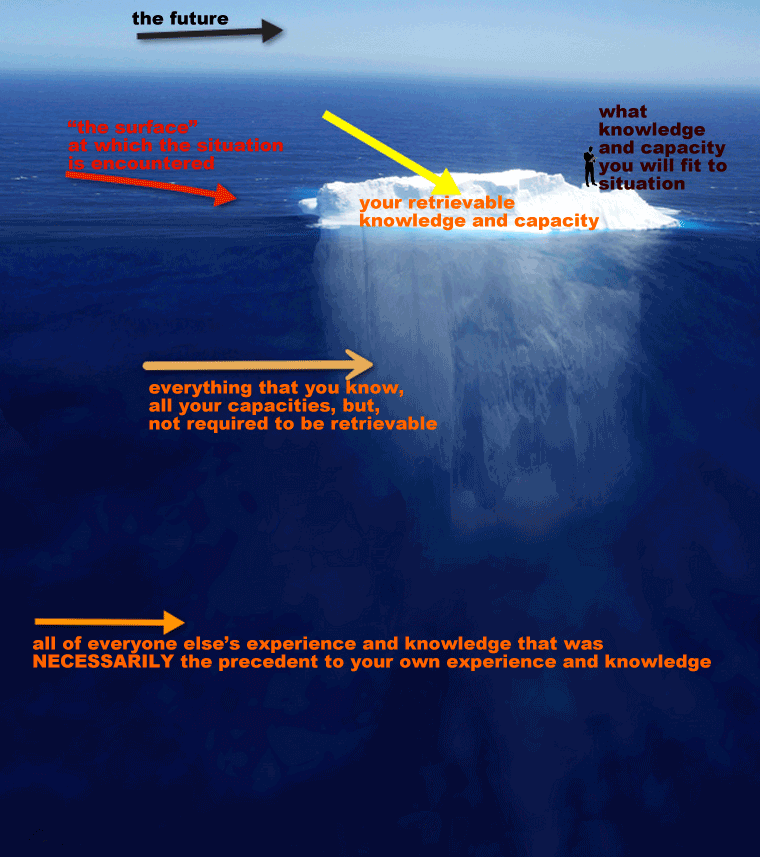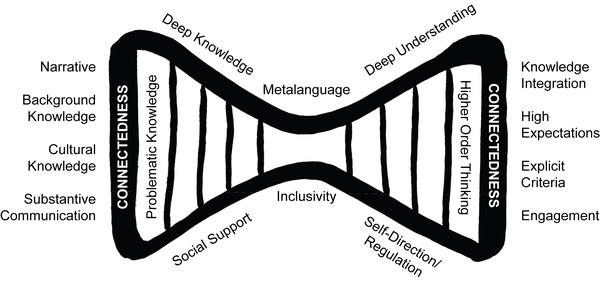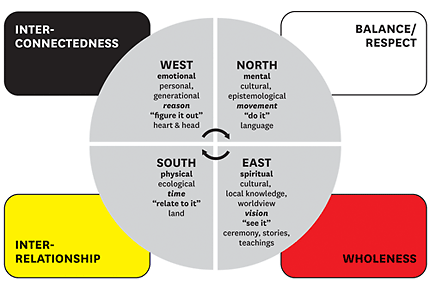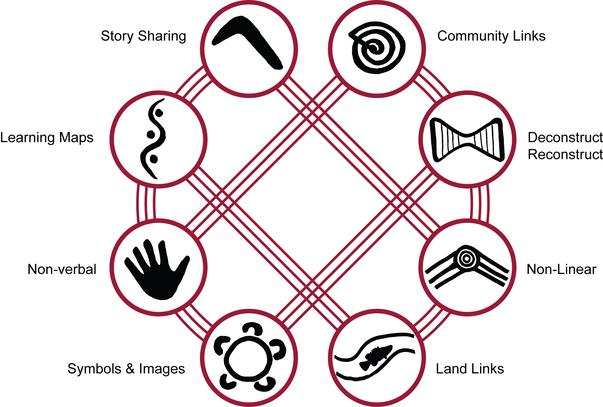
Solipsism and the Problem of Other MindsInternet Encyclopedia of Philosophy
Solipsism is sometimes expressed as the view that “I am the only mind which exists,” or “My mental states are the only mental states.” However, the sole survivor of a nuclear holocaust might truly come to believe in either of these propositions without thereby being a solipsist. Solipsism is therefore more properly regarded as the doctrine that, in principle, “existence” means for me my existence and that of my mental states. Existence is everything that I experience — physical objects, other people, events and processes — anything that would commonly be regarded as a constituent of the space and time in which I coexist with others and is necessarily construed by me as part of the content of my consciousness. For the solipsist, it is not merely the case that he believes that his thoughts, experiences, and emotions are, as a matter of contingent fact, the only thoughts, experiences, and emotions. Rather, the solipsist can attach no meaning to the supposition that there could be thoughts, experiences, and emotions other than his own. In short, the true solipsist understands the word “pain,” for example, to mean “my pain.” He cannot accordingly conceive how this word is to be applied in any sense other than this exclusively egocentric one.
On occasion I am presented, again, through the offices of other minds, and for good reasons, with my sense that this other person may not readily embrace the idea that she is living in her own little universe, and, that this other person, couldn’t grasp I am living in their own universe.
Tacit and fixed ‘normativities’ do not, and cannot, rule. If such mild and possibly, and sometimes potently, conceded folk dispositions can be spoken of as ‘holding,’ nevertheless, such intersubjective fixations are not objective, and also are not able to be entertained in a discussion about that which may be objective.
Once upon a time, I listened to a friend go on about family systems and the pernicious developmental effects caused by a person being in or from a toxic family systems.
She asked me, “what do you think?”
“Twin studies.”
Another way I like to refer to this unique universe constituted for each of us to inhabit is: PERSONAL CULTURE. This culture’s facts are reflexive, and so, in fact, to some extent every person can tell the story of the development of their own personal culture. This means to do auto-ethnography and recover the genesis of one’s own culture and outlook.

 One view of the reduction to practice, or to application.
One view of the reduction to practice, or to application.

